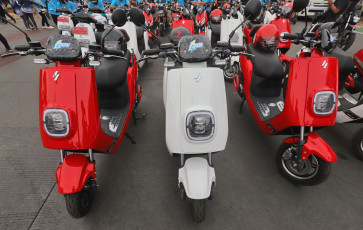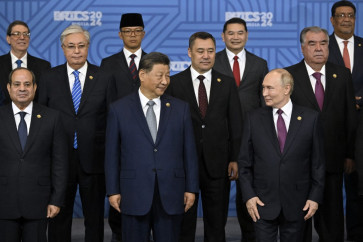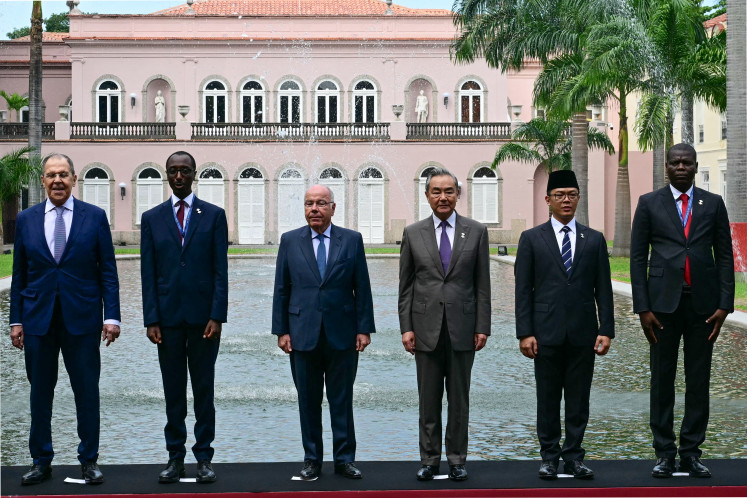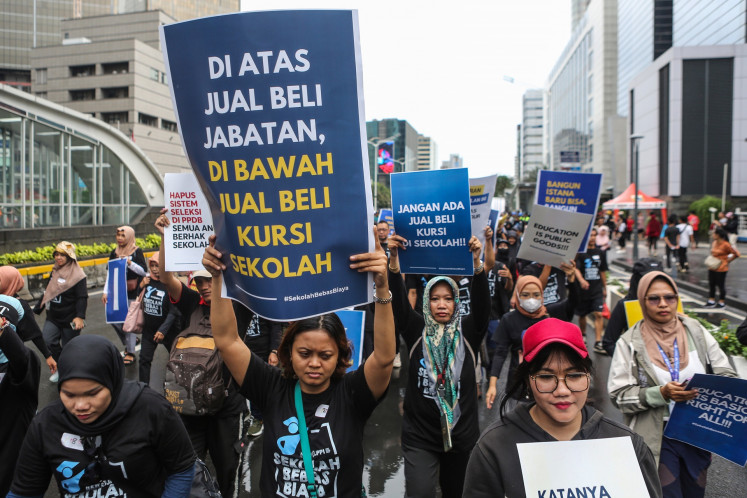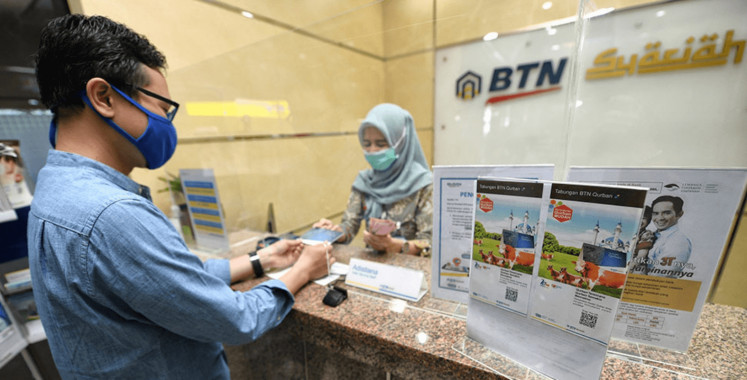Bappenas to focus on productivity in 2023
The policy is hoped to put Indonesia back on track with its 2045 development goals.
Change text size
Gift Premium Articles
to Anyone
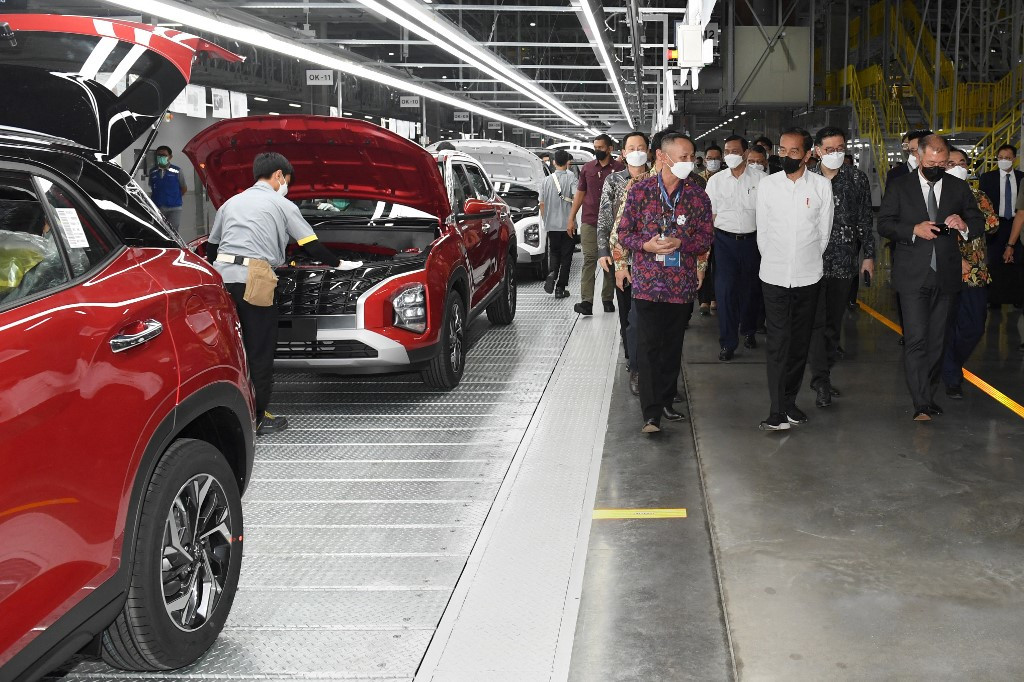
T
he National Development Planning Agency (Bappenas) announced on Thursday that raising productivity would take the front seat in the 2023 government working plan (RKP) as Indonesia seeks to boost economic growth while scaling back state spending.
Bappenas head Suharso Monoarfa outlined eight policies to improve productivity that included eradicating extreme poverty, improving health care and education, recovering businesses, pushing low-carbon development, building water and sanitation infrastructure and building the new capital city.
The government aims to maintain Indonesia's gross domestic product growth at an average 5.7 percent annually until 2045 to exit the middle-income trap.
"By improving productivity, hopefully we can increase our potential output so that we can sustain our economic growth trajectory," said Suharso.
He said Indonesian productivity dropped from 2010 to 2019, meaning economic growth stagnated at around 5 percent per year. The COVID-19 pandemic worsened the situation as Indonesia faced learning loss, business closures and rising unemployment.
"The lack of productivity becomes a much greater problem when our innovation index does not help either, as we score lower than the rest of ASEAN," he added.
Thus, Bappenas hopes that in 2023 consumption and investment will drive economic growth, gaining a minimum of 5 and 6 percent, respectively, while the Finance Ministry cuts back state spending.
Indonesia is set to reinstate a budget deficit cap of 3 percent of GDP in 2023 as part of its fiscal consolidation plans. The cap was lifted in 2020 to finance COVID-19 relief efforts, such that state funding became a key growth driver in the pandemic era.
"We believe that pandemic would enter the endemic phase, and then hopefully, normality," Suharso continued.
Read also: RI eyes smaller budget deficit amid rising commodity prices
In 2023, priority budgets such as health saw a possible 24 percent cut to Rp 193 trillion (US$13 billion) while the social security budget a minimum cut of 0.16 percent to Rp 432 trillion.
Other priority budgets, such as education plans, saw a minimum 3 percent increase to Rp 563 trillion, while infrastructure saw a minimum 0.5 percent increase to 367 Rp trillion.
"Even though we predict that 2023 will be endemic, we still need to prepare for everything that may come," said Deputy Finance Minister Suahasil Nazara during the virtual meeting.
Suahasil continued by explaining that fiscal tightening was paramount as Indonesia was facing two kinds of inflation.
The first inflation, called the "scarring inflation," happens as demand surges outpaced supply increases because industries needed time to raise production.
Read also: ‘Kerupuk' to cost more as inflation continues to bite
However, a new source of inflation was emerging from the Russia-Ukraine war, which brought up the prices of global commodities.
"As a result, the government bears the responsibility of [acting as] a 'shock absorber' of geopolitical tension as the price of global commodities continues to rise, while at the same time providing the necessary incentives for economic recovery," said Suahasil.
Besides reducing budget deficits, Indonesia expects to increase its tax-to-GDP ratio from windfall nontax state revenue amid high commodity prices and from implementing the Harmonized Tax Law (HPP).
More private sector involvement
The government also expects higher private sector investment and consumption as the pandemic passes.
"One of the most important contributions to economic recovery are investments," said Investment Minister Bahlil Lahadalia during the virtual meeting.
Bahlil explained that the ideal future of investment should focus on developing downstream industries to make value-added goods. In 2021, metal industries received Rp 117 trillion ($8 billion) in investment, almost twice their amount in 2019.
One of the main priorities was developing the domestic car battery industry, as the government claims that Indonesia's abundant nickel supply would make the industry very attractive to investors.
Bahlil is to meet representatives from German chemicals manufacturer BASF and automaker Volkswagen to discuss developing electric car batteries.


